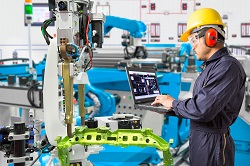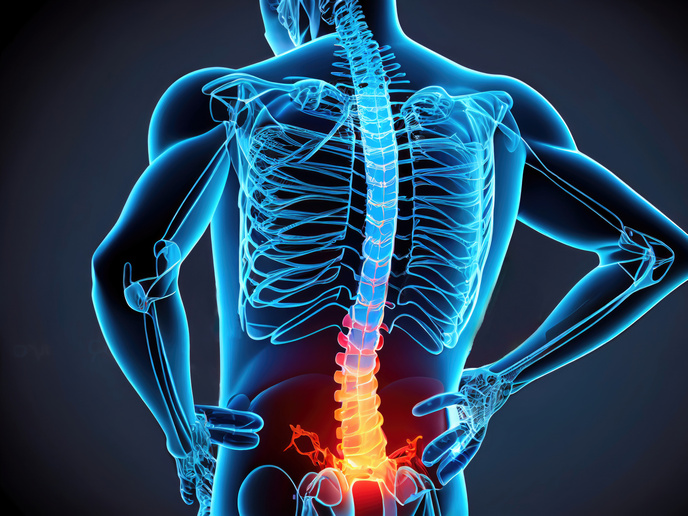A new, digitised era for European manufacturing
In the face of Asian competition and cheaper labour abroad, Europe’s manufacturing industry must stay ahead of the game and remain competitive by offering superior value and services. The EU-funded PSYMBIOSYS(opens in new window) project worked on revolutionising the product-service engineering environment through better intelligence technologies. “PSYMBIOSYS, which stands for Product Service Symbiotic Systems, overcomes key obstacles that hamper service innovation in the EU,” explains project coordinator Sergio Gusmeroli. The obstacles cover issues such as becoming more service-oriented, embracing the digital world, mediating between product push and market sentiment, and enhancing value chains through better IT architectures. A new paradigm for pre-production and post-production The pre-production phase (product ideation, design and engineering) and the post-production phase (training, diagnosis and maintenance) of the product value chain are increasingly gaining extraordinary importance for the manufacturing industry. “Services are now permeating the whole product life cycle, in particular at the pre- and post-production phases where they play a pivotal role towards achieving success for the manufacturer,” says Gusmeroli. In this vein, advanced services based on artificial intelligence can significantly benefit consumer goods such as clothing and furniture. “In pre-production phases this could involve analysing consumer behaviour, digitising showrooms, and adopting immersive technologies such as augmented or virtual reality to add value and improve user experience,” illustrates Gusmeroli. “On the post-production side, the Internet of Things and Big Data technologies can support remote monitoring, diagnosis, training, and predictive maintenance for machinery, vehicles and robots,” he adds. Another key barrier that PSYMBIOSYS examined was how the design and manufacturing of a product could change according to whether the product is sold or leased to the customer. “Products that aren’t wholly owned by users and whose maintenance, retrofitting and/or leasing depend on the manufacturer may be more durable and of better quality,” concedes Gusmeroli. “PSYMBIOSYS aims to reconcile design and manufacturing with cost and quality in order to maximise benefits for the user,” he underlines. Leveraging the internet into manufacturing In parallel, service innovation, i.e. value co-creation with a customer, requires carefully listening to customers’ needs and requirements. “Sometimes manufacturers must adopt solutions that aren’t optimal from a traditional professional engineering viewpoint, but that meet the users’ tastes and preferences,” says Gusmeroli. “In the consumer goods sector, the wisdom of the crowd and the voice of consumers often emerge in social networks, where AI-based tools can extract opinions and feelings about the product,” he adds. It is worth noting that the PSYMBIOSYS IT architecture and product service interoperability components contribute to the FIWARE for INDUSTRY (F4I) initiative, part of the FIWARE open-source foundation for building advanced software solutions and applications in three domains: Smart City, Smart Agrifood and Smart Industry. “PSYMBIOSYS supports implementation of the F4I reference architectures, and in particular its components for product-service Internet-of-Things brokering, event processing and semantic interoperability,” clarifies Gusmeroli. This is particularly important as manufacturers are increasingly following the whole life cycle of their products by means of internet-based technologies such as Internet of Things. It ties in with the 6P model (Product, Process, Platform, People, Performance, Partnership) of digital transformation which has been embraced by the project. In short, PSYMBIOSYS promotes service innovation for manufacturing industries, based on a complete 6P digital transformation. By balancing between dependable traditional manufacturing models and high-tech innovations, the project is destined to take European manufacturing to new heights.







